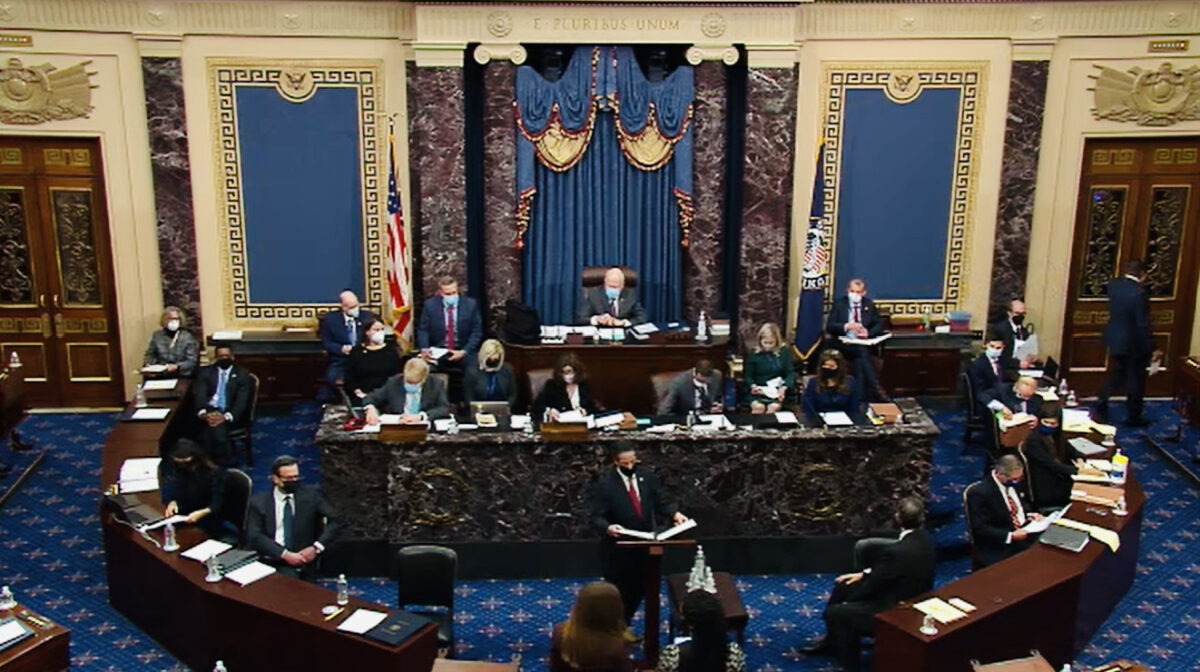No one seriously expected the hopelessly divided Senate to impeach disgraced former U.S. president Donald Trump.
The calculus favored Trump from the very outset.
Impeachment would have required two-thirds of the 100 senators to charge him with “incitement of insurrection” for his undeniable role in encouraging a mob to storm Capitol Hill on January 6 to stop the certification of President Joe Biden’s victory in last November’s presidential election.
Following a gruelling, nationally televised five-day trial, which ended on February 13, the Senate voted almost exclusively along partisan lines. All 50 Democrats pronounced Trump guilty as charged. Only seven out of 50 Republicans joined them in voting for the resolution, which was passed by a margin of 57-43.
The Democrats fell 10 votes short of impeaching Trump, who has the dubious distinction of being the only American president who has been impeached twice. On the face of it, Trump escaped unscathed, but let’s not forget that the majority of senators voted for the resolution.
The Democrats mounted a persuasive case for impeachment, arguing that Trump had to be held accountable for egging on several hundred of his most rabid supporters to invade the congressional building.
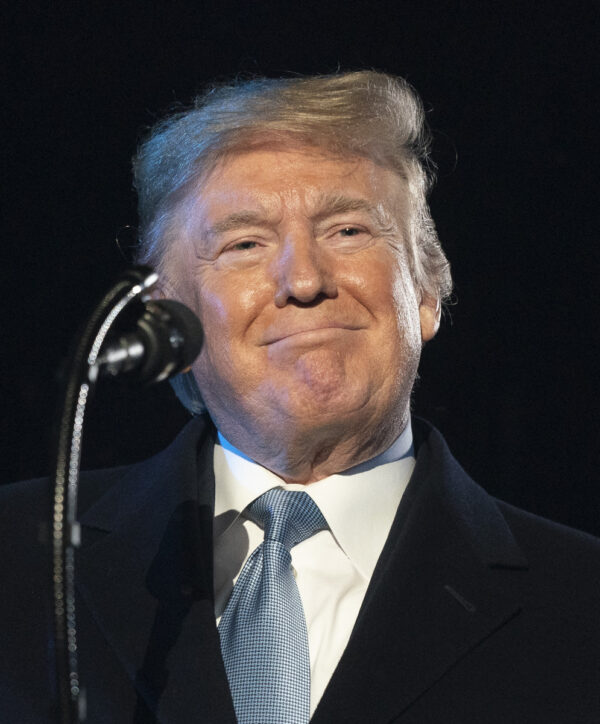
In an unfounded allegation, Trump repeatedly claimed that he had won the election handily and that massive voter fraud had deprived him of victory.
And so he urged his supporters, some of whom are white supremacists and political extremists, to attend the so-called Save America rally in Washington, D.C. on January 6.
“Be there, will be wild!” he tweeted on December 19, in an intimation of what was to come.
And on January 6, the day he cajoled them to march toward Capitol Hill, Trump declared, “We fight like hell, and if you don’t fight like hell, you’re not going to have a country anymore.”
Fighting and inciting words, these.
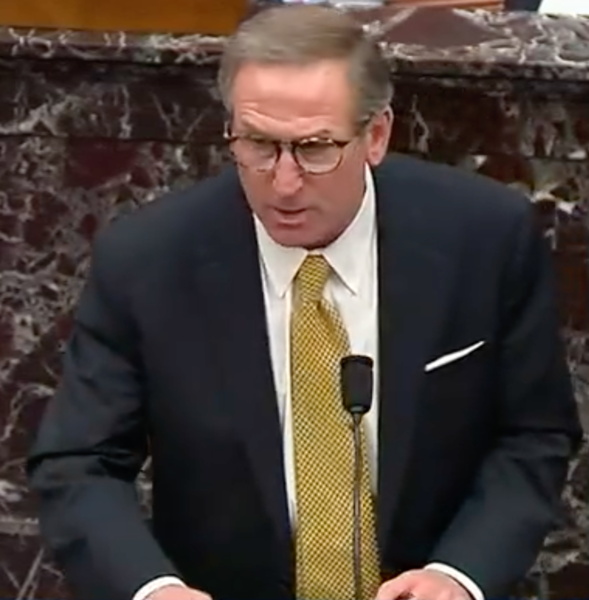
Trump’s legal team argued unconvincingly that, under the First Amendment, he had a right to free political speech. And so one of his lawyers, Michael van Der Veen, described as “preposterous and monstrous” the Democrats’ claim that he had incited the mob.
With the rioters having broken into Congress, smashing windows and doors, stealing confidential documents from offices, and calling for the executions of Democratic Speaker Nancy Pelosi and Vice-President Mike Pence, who would certify the election results despite Trump’s bleating plea to the contrary, Trump was safely holed up in the White House.
By virtue of having failed to protect Capitol Hill, he violated his sacred oath of office.
But that’s only part of this tawdry story.
Almost 30 minutes elapsed before Trump, in one of his blizzard of tweets, finally came to his senses and gently asked the invaders to “stay peaceful.” By that point, dozens of police had been injured in trying quell the rioting.
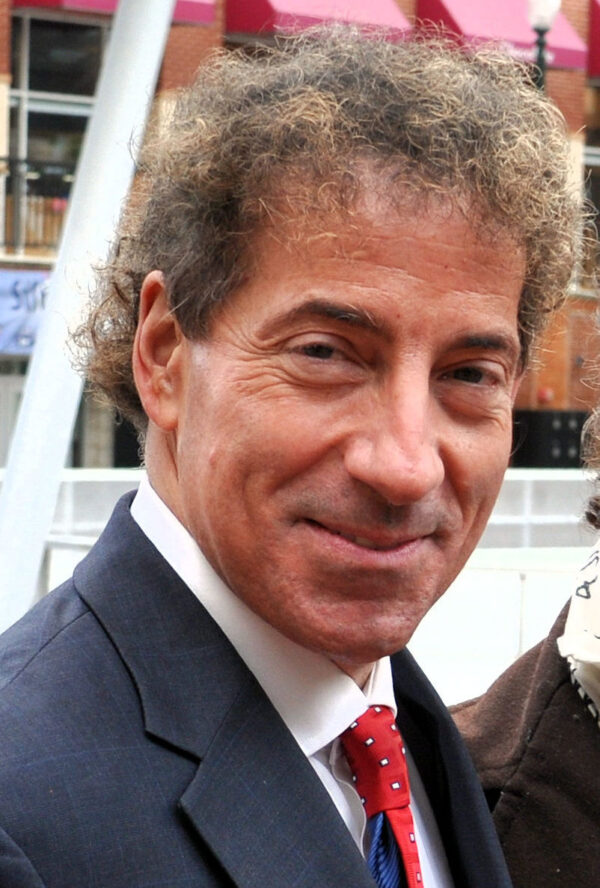
“If that is not ground for conviction, if that is not a high crime and misdemeanor against the republic and the United States of America, then nothing is,” Representative Jamie Raskin, Democrat of Maryland and the lead prosecutor, declared in his closing statement at Trump’s trial. “President Trump must be convicted, for the safety and democracy of our people.”
Susan Collins of Maine, one of the Republicans who voted against Trump, concurred with Raskin. “That attack was not a spontaneous outbreak of violence,” she said. “Rather it was the culmination of a steady stream of provocations by President Trump that were aimed at overturning the results of the presidential election.”
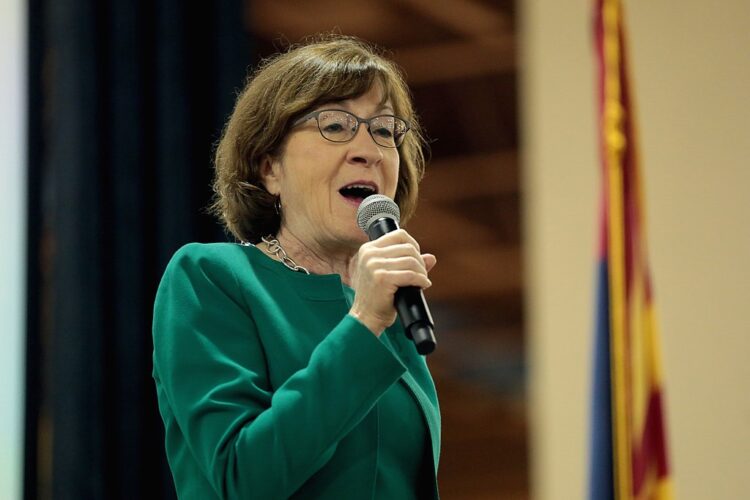
Precisely.
Senator Mitch McConnell, the Republican Minority leader from Kentucky, cast his ballot for Trump after having correctly accused him of engaging in insurrectionist behavior. But after the trial, significantly enough, he blasted Trump, castigating him for spreading “wild myths” about election fraud, taking him to task for “disgraceful dereliction of duty” and, like Collins, directly blaming him for last month’s assault in Washington.
“There is no question — none — that President Trump is practically and morally responsible for provoking the events of the day,” he said in a stunning indictment of him. “The people that stormed this building believed they were acting on the wishes and instructions of their president. And having that belief was a foreseeable consequence of the growing crescendo of false statements, conspiracy theories and reckless hyperbole.”
McConnell should have voted against Trump, but he refrained from doing so due to his misguided belief that the Senate should not try a former president. McConnell’s argument was less than convincing because even former presidents must pay a penalty for unconstitutional conduct.
If taken to its logical conclusion, McConnell’s claim would have dire and disastrous consequences, not only in America but in every nation of the world where crimes have been committed by ex-leaders.
As Raskin and his fellow prosecutors accurately pointed out, Trump methodically laid the groundwork for the events of January 6 by ridiculously claiming that only a rigged election could lead to his defeat.
In advancing this dangerous argument, he sowed distrust in America’s election system and emboldened his most ardent supporters to buy his absurd and baseless Stop the Steal conspiracy theory that the Democrats had “stolen” the election.
Apart from inciting the riot, the first to engulf Capitol Hill in some 200 years, Trump remained irresponsibly mute as it tore through Congress.
Trump finished his rambling speech at 1:11 p.m., the point around which time rioters headed toward Congress. At 2:24, he tweeted contemptuously that Pence, his loyal vice-president, lacked the courage not to certify the outcome of the election.
Fourteen minutes later, he sent out another tweet, asking his supporters to “stay peaceful.”
In other words, Trump deliberately waited about a full hour to call off the mob. By then, much of the damage had been done. One can only conclude that he was an accomplice in the sacking of Congress.
At 4:17, he again urged the rioters to “go home,” and added, “We love you. You are very special.” For good measure, he said, “Remember this day forever!”
With these code-language words, he showered the insurrectionists with praise, knowing full well they had committed criminal offences.
A charitable interpretation of Trump’s behavior is that he was hypocritically speaking from both sides of his mouth.
Trump was not by any means an innocent bystander as his hordes ransacked Congress in a frightening attempt to alter the outcome of a free and fair election. He was the instigator, the inciter-in- chief, as Raskin and his Democratic colleagues said.
Trump’s acquittal, a function of a deeply polarized Senate, does not in any way, shape or form vindicate him. As far as most Americans are concerned, he is guilty, period.
History will judge him harshly.
